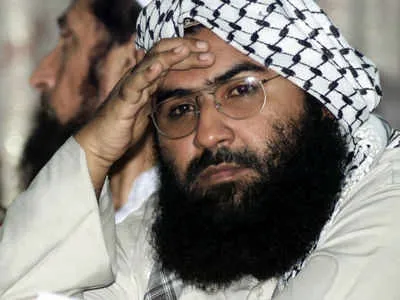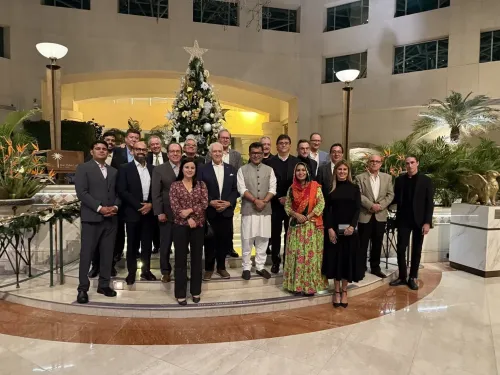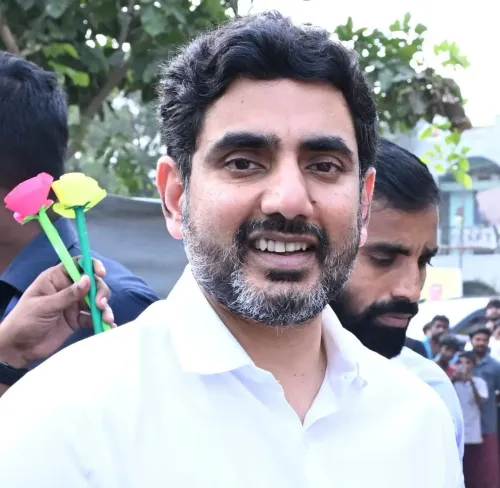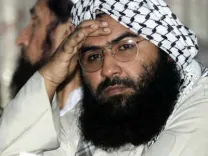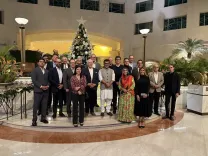Is Pakistan Following India's Lead with Peace Delegation?
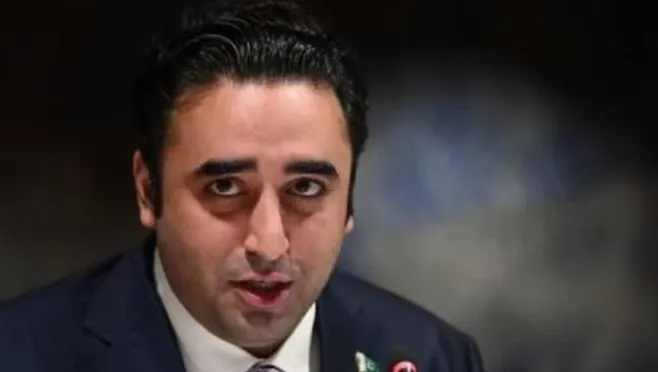
Synopsis
Key Takeaways
- Pakistan's diplomatic strategy is under scrutiny as it mirrors India.
- Former Minister Bilawal Bhutto appointed to lead peace efforts.
- Recent military conflict has triggered a need for international support.
- India maintains a firm stance on terrorism as a discussion point.
- The regional dynamics continue to evolve amidst ongoing tensions.
Islamabad, May 18 (NationPress) In a striking mimicry of India's diplomatic maneuvers, Pakistan's Prime Minister Shehbaz Sharif has tasked former Foreign Minister Bilawal Bhutto-Zardari with advocating the nation’s “case for peace” abroad.
This decision follows Pakistan's recent setback during a four-day military escalation from May 7 to 10, known as Operation Sindoor, prompting the country to seek global support through Bhutto's efforts.
In a statement on X, Bhutto revealed that he was approached by Sharif, who requested his leadership in a delegation. “I was contacted earlier today by Prime Minister @CMShehbaz, who requested that I lead a delegation to present Pakistan's case for peace on the international stage. I am honoured to accept this responsibility and remain committed to serving Pakistan in these challenging times,” he posted.
This initiative coincides with India's selection of seven Members of Parliament to represent the nation in various countries, where they will share evidence and discuss India's firm stance against terrorism, particularly in light of the Pahalgam terror attack that instigated Operation Sindoor.
The Indian delegations, which include prominent figures such as Congress leader Shashi Tharoor, BJP leader Ravi Shankar Prasad, and former Jammu and Kashmir Chief Minister Ghulam Nabi Azad, are scheduled to visit key capitals across North America, Europe, and West Asia.
However, India's External Affairs Minister S. Jaishankar has made it clear that dialogue with Pakistan will only pertain to the issue of terrorism, stating that the Indus Waters Treaty discussions are on hold until Islamabad ceases cross-border terrorism.
EAM Jaishankar emphasized that the only Jammu and Kashmir-related topic India is open to discussing with Pakistan is the return of territories illegally occupied by Pakistan.
On May 7, India initiated Operation Sindoor, executing precision strikes on terrorist infrastructures at nine locations within Pakistan-controlled territories, leading to a four-day period of intense military conflict until a ceasefire was established on May 10.
Recently, Pakistan mirrored India’s tactics when their Prime Minister visited a military base in Sialkot, a move clearly inspired by Prime Minister Narendra Modi's earlier visit to the Adampur airbase in Punjab.
Sharif also addressed soldiers at the Sialkot base, proclaiming a fabricated “victory” against India amid the brief air skirmish.
Pakistan’s imitation of India unfolds against the backdrop of India's government forming teams to engage with the global community, each delegation comprising leaders from various political factions and experienced diplomats.


